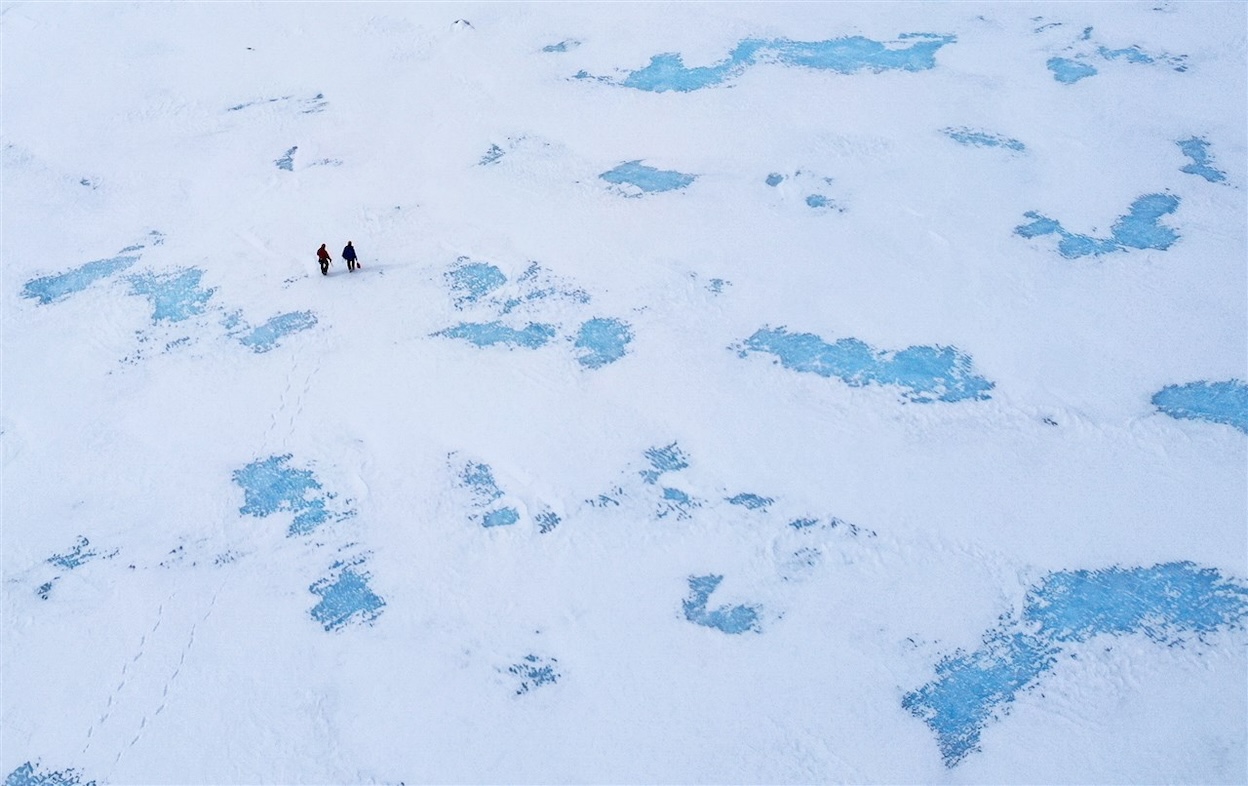Antarctica. Photo: ANP/EPA/FELIPE TRUEBA Attention
Spraying particles that reflect sunlight high into the air could be an effective way to slow the melting of Antarctica’s ice caps, US researchers said. And they immediately say that it must be done correctly. Computer simulations show that this type of “climate engineering” can also be counterproductive in some variables. However, more research is needed, scientists say.
The study conducted by Indiana University calculated the effects of injecting sulfur droplets from aircraft into the stratosphere. This method can simulate a large volcanic eruption, where particles reflecting sunlight remain for months or even years.
One result is that it makes a big difference in how and where molecules are injected. According to experts, it would be most effective to do this at different latitudes in the tropics and subtropics, especially in the Southern Hemisphere. The climate system is then affected so that as little warm ocean water as possible reaches the Antarctic ice.
Sulfur
The study also shows how things can get worse. If sulfur is sprayed at the wrong latitudes, it actually causes some of the winds to shift southward and push more warm water into the ice. Then Antarctica will melt faster.
The field of geographic or climate engineering is relatively new. It is also controversial. At the beginning of last year, a group of climate scientists and public administrators called for a ban on the use of this type of technology to influence the climate. They stated that the risks “are not well understood and can never be fully known.” Moreover, they fear this will be used as an excuse to go easy on climate policy.
technology
Researchers who have now calculated the various variables admit that the technology is still far from mature. They hope that their research will contribute to knowledge on this topic. Researcher Paul Goddard said: “Exploring ways to reflect sunlight back into space before it is absorbed into Earth’s climate system could give us additional time to address climate change.” According to him, this could prevent tipping points, such as the collapse of the West Antarctic ice sheet and subsequent sea level rise.

“Total coffee specialist. Hardcore reader. Incurable music scholar. Web guru. Freelance troublemaker. Problem solver. Travel trailblazer.”






More Stories
Scientists produce huge amounts of carbon dioxide emissions through their trips to international conferences
Does black charcoal toothpaste whiten your teeth?
“The Federal Reserve limits the space of the European Central Bank”